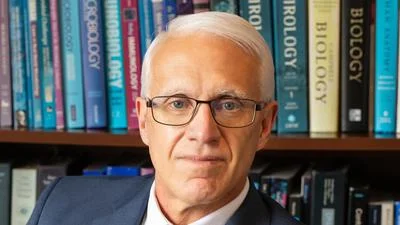Sen. Joni Ernst, US Senator for Iowa | Joni Ernst Official Webste
Sen. Joni Ernst, US Senator for Iowa | Joni Ernst Official Webste
Senator Joni Ernst has published a series of posts on July 30, 2025, criticizing the Biden administration’s handling of federal infrastructure projects and highlighting findings from her latest “Boondoggle Report.” In her tweets, Ernst claims that several government projects are significantly over budget or delayed.
In her first post, Ernst wrote: "For years, the Biden admin refused to tell me how many government projects were billions over budget or years behind schedule, like Gavin Newsom's California Crazy Train. Thank you, @SecDuffy for helping expose the $162.9 billion in cost overruns in my NEW Boondoggle Report." (July 30, 2025).
She continued by stating: "These 13 projects have gone completely off the rails and either need to be salvaged fast or defunded in a rescissions package. Rescinding unspent funds from JUST FIVE of these projects would save taxpayers over $13 billion, more than the first rescissions package!" (July 30, 2025).
In a follow-up post, Ernst referenced past efforts to limit funding for California’s high-speed rail project: "After fighting the California Gravy Train for years, I was thrilled the Trump admin defunded $4 billion that was set to be sent. We must permanently claw back these funds through a rescissions package to prevent a future president from restore funding." (July 30, 2025).
The senator’s comments refer specifically to large-scale federal infrastructure initiatives that have faced scrutiny for exceeding initial budgets and timelines. One such example is California’s high-speed rail project—often cited as emblematic of these issues—which has experienced repeated delays and cost increases since its inception.
A rescission package is a legislative tool allowing Congress to withdraw previously allocated but unspent federal funds. Calls for such measures often arise amid concerns about fiscal responsibility and oversight of public spending.
Ernst's statements come amid ongoing debates in Congress regarding government spending priorities and oversight mechanisms designed to address inefficiencies in major public works.





 Alerts Sign-up
Alerts Sign-up